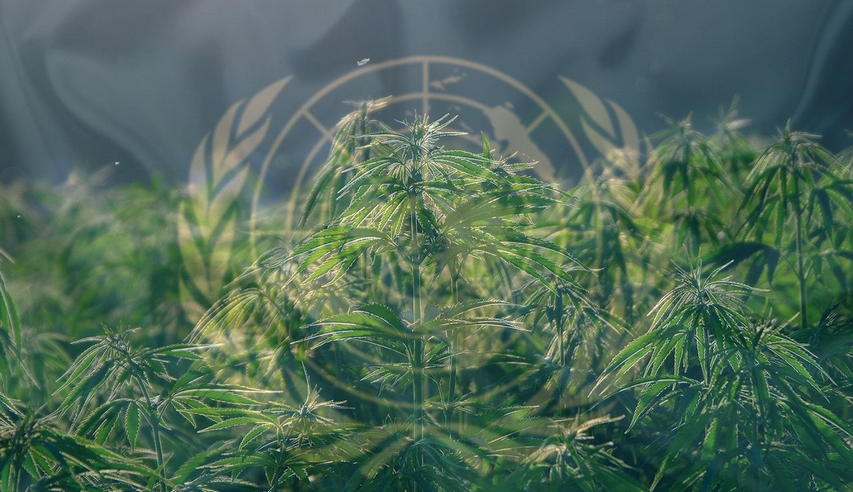US Lawmakers Call on UN to Legalize Cannabis
Members of the US House of Representatives, Nancy Mace and Barbara Lee, have called on the United Nations to remove cannabis from Schedule I of controlled substances and to grant the plant the status of a legal agricultural crop.
Politicians Believe in the Medicinal Properties of Cannabis
Nancy Mace explained why cannabis should be reclassified: “Many countries will reconsider their cannabis policies if the UN changes the plant’s legal status. Scientists have proven the effectiveness of cannabis in treating various conditions, such as epilepsy, post-traumatic stress disorder, cancer-related pain, nausea, as well as chronic and life-threatening illnesses. Removing cannabis from the list of narcotics will promote further research into the plant’s medicinal properties.”
Barbara Lee called the current laws prohibiting cannabis outdated. In her view, not only the US but other countries should fight for drug policy liberalization, and the UN should play a key role in advancing reform.
Cannabis Criminalized Internationally Since 1961
Cannabis was criminalized at the international level in 1961 after the adoption of the Single Convention on Narcotic Drugs. Several dozen countries have since changed their approach to cannabis regulation, legalizing it for medical or recreational use.
Scientists have managed to debunk the myths that fueled the war on cannabis in the 20th century. As a result, many officials have had to acknowledge that the negative information about cannabinoids, spread by governments during the “Reefer Madness” era, was false. In particular, in December of last year, Nora Volkow, head of the US National Institute on Drug Abuse, stated that moderate cannabis smoking does not harm health.
UN Moves Toward Reforming Cannabis Legislation
The World Health Organization could not ignore the results of scientific research disproving the claims of legalization opponents. In 2019, the WHO proposed easing control measures over cannabinoid-containing products. A year later, UN members supported removing cannabis and hashish from Schedule IV, which includes harmful psychoactive substances that cause addiction. However, cannabis remains in Schedule I of controlled substances and is still illegal.
Russia reacted negatively to the shift in drug policy and even formed an international bloc to oppose the liberalization of cannabis laws. This group includes China, Egypt, Pakistan, Nigeria, and 11 other countries with voting rights at the UN. Representatives of the Russian Ministry of Finance believe that oversight of cannabis sales should not be weakened, as this would lead to increased consumption.



